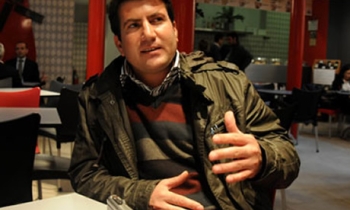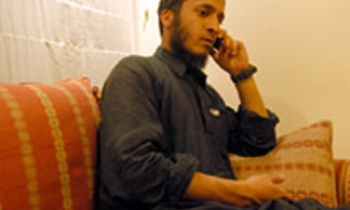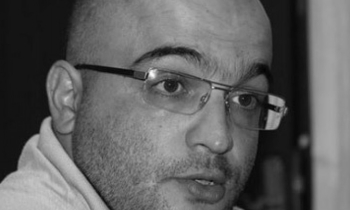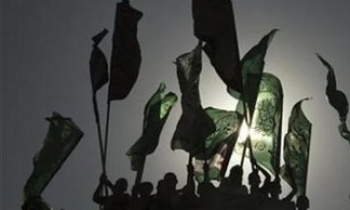Hamas has decided to stop dealing with the Palestine Journalists’ Syndicate (PJS) and has gone to the extent saying that it would be dissolving the journalists union, the International Federation of Journalists (IFJ) has reported.
Journalists are increasingly under pressure in the region as the rivalry of Hamas and the Fatah faction in Palestinian politics has led to the growing separation of Gaza and the West Bank, IFJ said. There have been raids on PJS offices and many Gaza leaders of the syndicate have fled to the West Bank. The situation became more tense with the issuing of a controversial press statement in the name of the Gaza section of the syndicate which criticised in strong terms the actions of Hamas forces.

The government reacted angrily denouncing the statement as lies. On Monday, Mohamed Abu Hasheish, head of government press office in Gaza and deputy minister of information, said that the government had decided to stop dealing with the PJS leadership “until journalists are able to put their syndicate in order.”
Later in the day Tahir Al Nouno, head of the newly-formed governmental media committee, announced in Gaza that they were dissolving PJS.
IFJ says the action is provocative and unwarranted. “It is for journalists’ themselves to decide what action, if any, needs to be taken,” said White. "We support the syndicate’s efforts to bring about reform – but this is their business, not that of politicians.”
IFJ condemned the Hamas government over the revival after 10 years of a media law and a governmental media committee, claiming this signals new threats to press freedom. It expressed concern at the Hamas action directed against the PJS leadership and its President Naim Toubassi who is a member of the IFJ Executive Committee.
“We are witnessing clear political interference in journalism,” said Aidan White, IFJ General Secretary. “The organisation of journalists is a matter for journalists alone, not for regulation by divisive political forces.” The PJS council has appealed to IFJ for support, claiming Hamas is targeting the syndicate and its president because of its outspoken defence of journalists’ interests. “Going on past experience, we have no doubt that the activation of 1995 media law is intended to impose severe restrictions on free journalism,” said White.

The 1995 law, which was brought in under the late Yasser Arafat but never enforced, bans publication of information likely to “endanger national unity, incite crimes or hatred, division and religious dissent.” It also prohibits publication of “secret information” about the police, security forces, their weapons, movements and training camps.
Those convicted risk six months in prison and the three-month suspension of the offending publication or media organisation. “We cannot change this law, it is the only one we have. We will implement its articles but we respect the freedom of the press,” said a Hamas spokesman, Tahar Al Nunu. Nunu is the head of a new committee set up by Hamas as a “reference point for journalists which is aimed at simplifying the gathering of information about the government.”
The World Association of Newspapers (WAN) too has condemned the increasing harassment of journalists in the Palestinian Territories stemming from the conflict between Fatah and Hamas.
"We are concerned by numerous incidents of harassment of journalists since the split of the Palestinian Territories between Hamas and Fatah in June," the Paris-based WAN said in a statement released Tuesday. "We condemn the deterioration of working conditions for Palestinian journalists and call on both sides to do everything possible to ensure that journalists are free to carry out their work without fear of intimidation or violence."

Dozens of journalists staged a sit-in in Gaza late last month to protest against pressure on the media by the Hamas movement, which wrested control of the Gaza Strip in mid-June from pro-Fatah security forces. The protest took place after Hamas forces briefly detained four journalists.
Hamas subsequently announced that it had the "right" to conduct raids against media and would enforce a 1995 press law that imposes jail sentences for publishing certain information about police and security forces or information that would "endanger" national unity.









